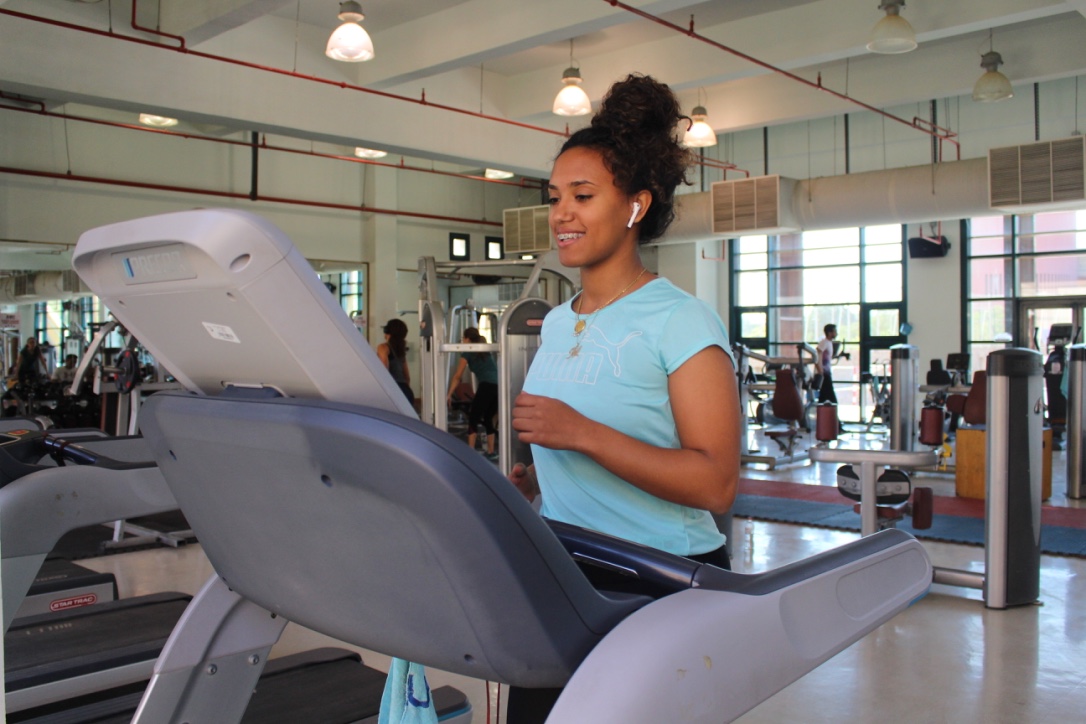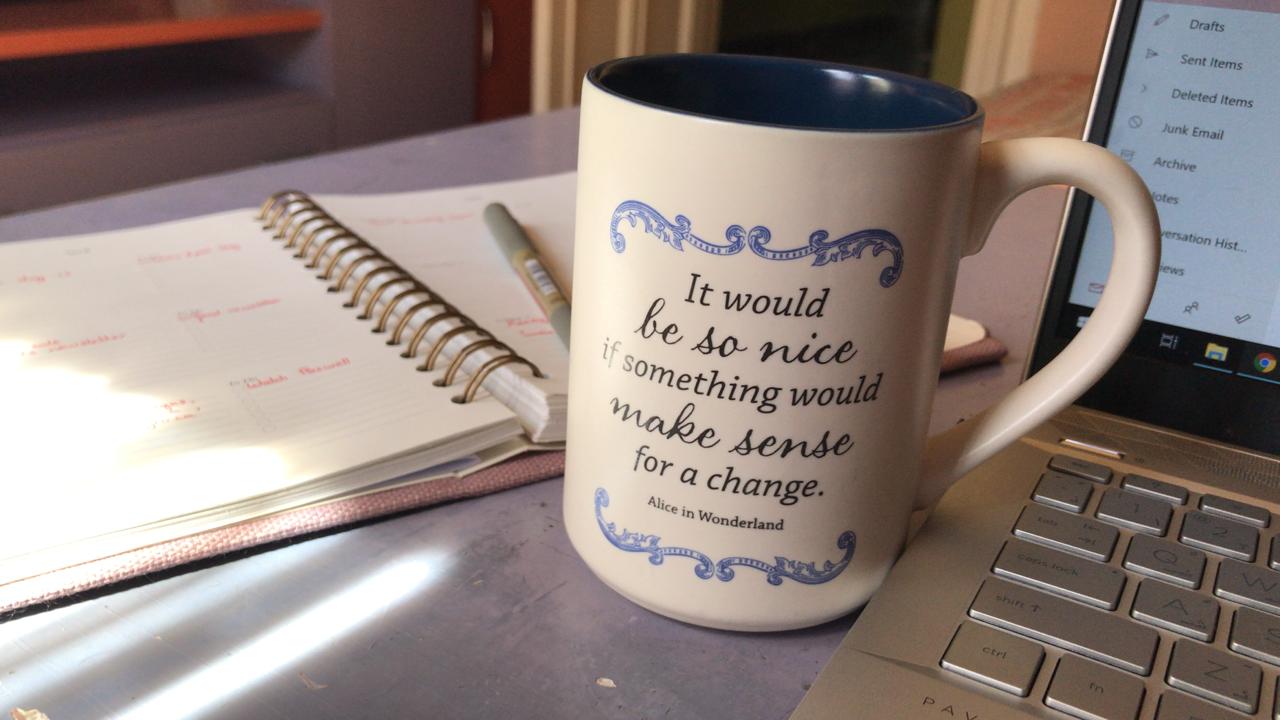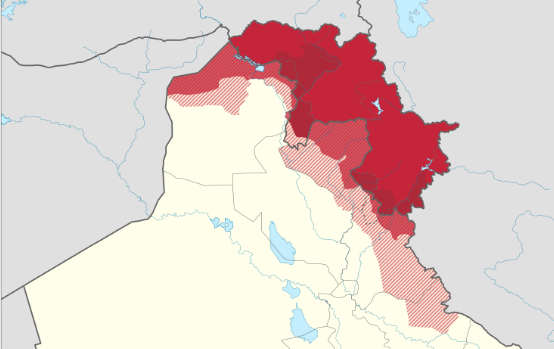Educators Call for Media Literacy Curricula
By: Maya Abouelnasr
@EmEn1125
University media educators in the Middle East and North Africa region used a webinar platform to stress the importance of teaching media and information literacy to aid the navigation of crises such the COVID-19 pandemic.
Samy Tayie, professor of communication at Cairo University and head of the Arab Chapter of the Global Alliance for Partnerships on Media and Information Literacy (GAPMIL), said that a media literacy curriculum is “equally important for all members of society, even the very young, in order to aid them in processing, analyzing and responding to information properly”.
Hussein El Moataz, the webinar’s project coordinator, told The Caravan that media literacy has become necessary because of an information overload in the time of COVID-19.
“As such, there is an urgent need to thoroughly sort through and navigate the fast-paced media that is constantly publishing new information”.
According to the United Nations Educational, Scientific and Cultural Organization (UNESCO), media and information literacy provides people with the ability to effectively assess information in a thoughtful manner in order to combat misinformation, or false information regardless of intent, and disinformation, or information that is intended to deceive.
In order to better navigate the fast-paced media, Professor and Dean of the Faculty of Media at Middle East University in Jordan Ezzat Hijab proposed factors to consider when assessing any piece of information for clearer understanding.
He said that the wording of a headline, such as asking whether it’s exaggerated, biased or relevant to the topic, usually provides clues about the reliability and veracity of the report.
Hijab also discussed the concept of “infostorm” which is information overload emerging out of times of heightened misinformation, such as crises like COVID-19.
Within that storm, disinformation and misinformation can spread in an emotionally charged manner, said Assistant Professor of Electronic Media at Kuwait University Fatima Al-Salem.
“In times of crises like COVID-19, our feelings are overflowing. As such, we tend to be fast in publishing and believing information,” said Al-Salem.
The politicized and polarized framing of COVID-19 in the United States is an example of this.
Earlier this year, a group of Ohio researchers conducted a Twitter algorithm study on trends in 30,887 Tweets by members of the US Congress. Their aim was to determine if they could correctly identify members’ political party based on Tweet topics alone, which they were able to do 76 percent of the time. This illustrates the extent of the politicized output of circulated COVID-19 misinformation.
Media and information literacy education could also combat disinformation through an awareness of internet robots (or bots) and the presence of trolls. According to a May 2020 National Public Radio (NPR), bots may account for up to half of all accounts that are constantly publishing coronavirus-related Tweets and spreading disinformation.
Al-Salem added that people who are media literate have a social responsibility to point out to others cases of misinformation and disinformation to prevent them from contributing to its spread.
Associate Professor of Practice in the Department of Journalism and Mass Communication Nadine El Sayed said the most harmful outcome of misinformation and disinformation due to its rapid spread is that people immediately react before fact-checking, especially during COVID-19.
“This [the pandemic] is new to us. We’re all confused. So, when we see officials talking about drinking bleach and people are desperate to try anything to save themselves from COVID, it then becomes a matter of risking lives,” El Sayed told The Caravan.
She added that fact-checking information and applying media literacy skills should not be perceived as an added effort. All it requires is a little more vigilance.
The two-hour Zoom webinar was the fourth installment of an eight-part series on misinformation and disinformation during COVID-19, which is a collaboration between AUC’s Kamal Adham Center of Television and Digital Journalism and UNESCO.




